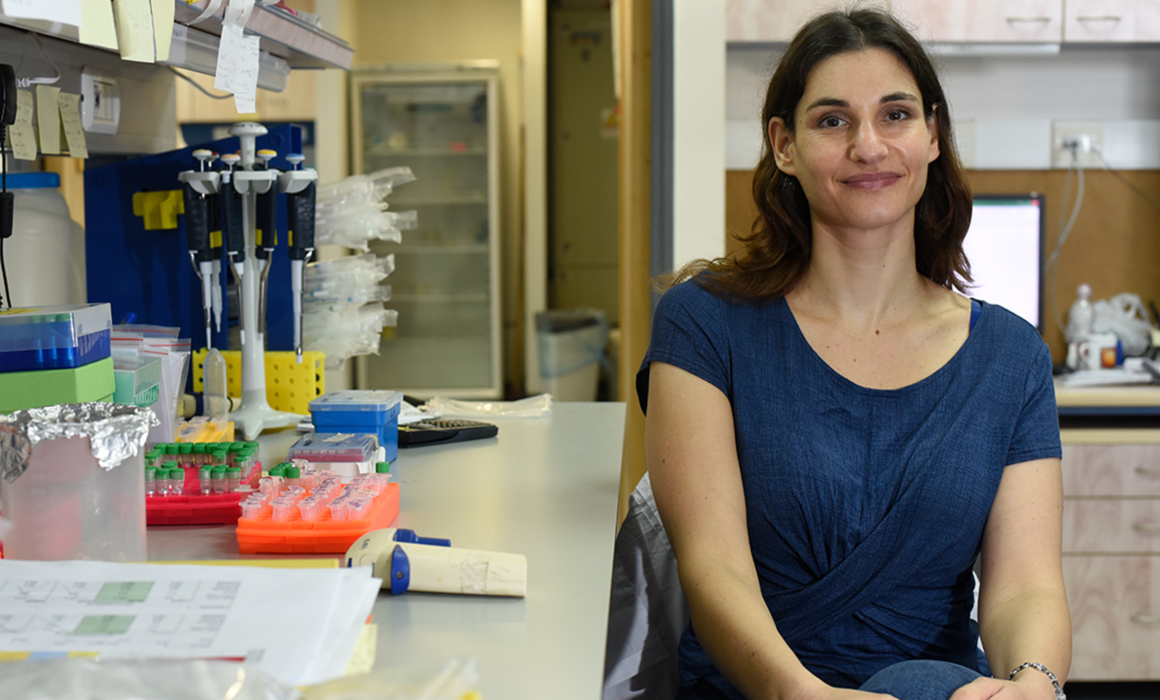Antibiotics remain a powerful weapon against bacteria, but their overuse has led to the spread of dangerous antibiotic-resistant strains. Nearly 3 million antibiotic-resistant infections occur each year in the U.S., resulting in 35,000 deaths. Technion researchers are developing new methods to fight bacteria without encouraging antibiotic resistance.
A team led by Associate Professor Meytal Landau has discovered a novel way to combat bacteria like Salmonella by inhibiting the formation of biofilms, bacterial colonies that can cling to surfaces like drain pipes and hospital equipment. Her team has identified compounds that disrupt the web of secreted proteins that knit these biofilms together. Because this approach neutralizes but does not kill bacteria, Prof. Landau hopes it will discourage the rapid evolution of antibiotic-resistant bacteria.
This new approach relies on a class of drugs from an unlikely source. Based on similarities between biofilm proteins and amyloids, protein aggregates associated with Alzheimer’s disease, the researchers repurposed anti-amyloid drugs and found they could inhibit biofilm formation in Salmonella bacteria. Drug development typically takes a long time, but because these drugs have already undergone clinical trials for treating Alzheimer’s, approval for this new application may come a lot sooner.


